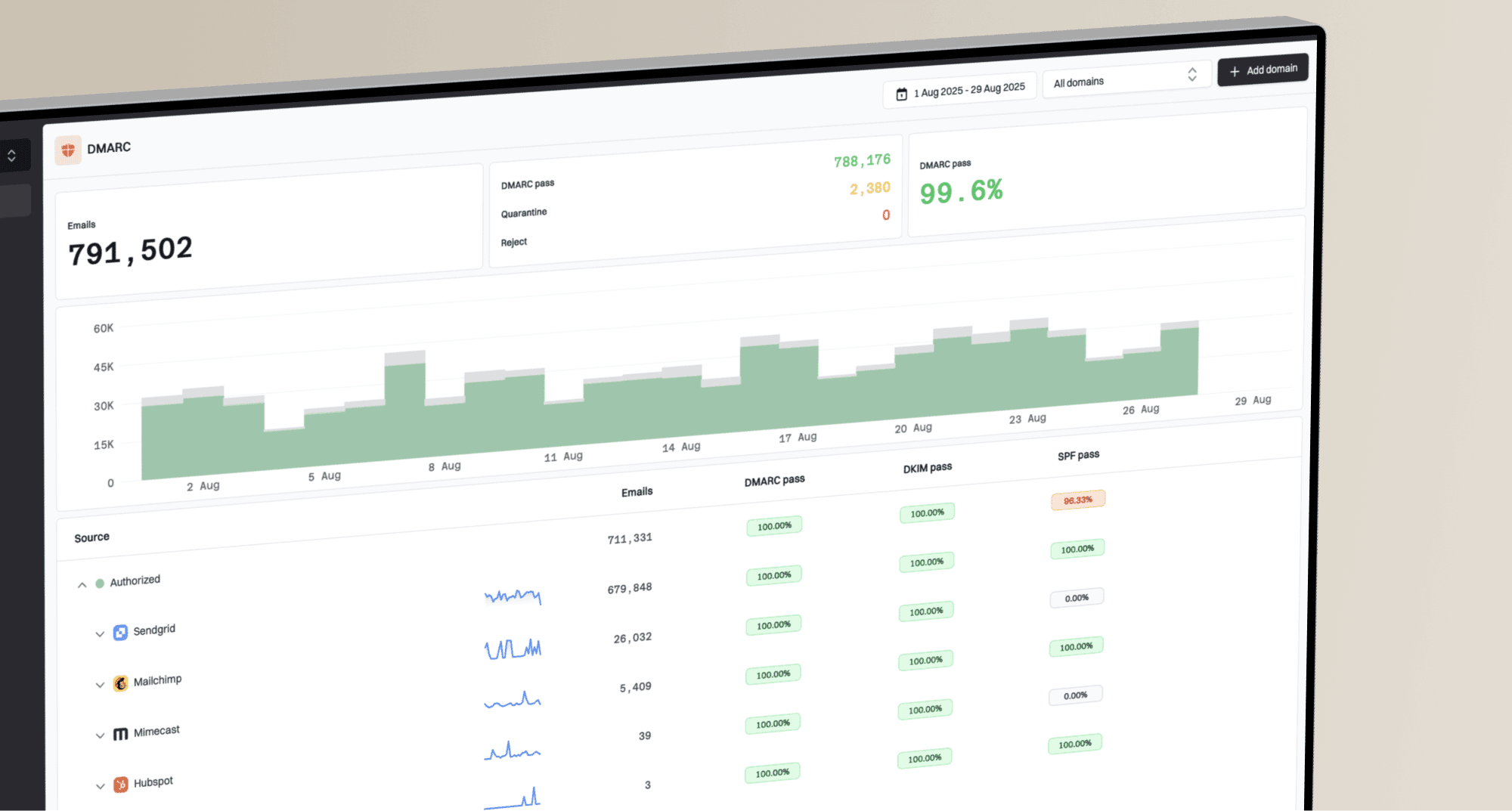When someone downloads content from your website, like a whitepaper or an e-book, it often implies a level of interest that leads to their email address being collected. This is commonly referred to as implied consent, a fundamental concept in email marketing and compliance. It suggests that a relationship exists, allowing you to send certain types of communications without explicit, affirmative opt-in.
However, the big question for many marketers is: How long does this implied consent remain valid? The answer isn't straightforward, as it varies significantly depending on where your recipients are located and which regulatory frameworks apply. Understanding these nuances is crucial for maintaining good deliverability and avoiding legal pitfalls or blocklist (or blacklist) issues.
Understanding implied consent and its regulatory landscape
Implied consent (sometimes called inferred consent or soft opt-in) arises from an existing business or non-business relationship. When a user downloads content, they are engaging in an action that indicates a potential interest in your products, services, or information. This engagement forms the basis for implied consent. It's distinct from express consent, where an individual explicitly agrees to receive marketing emails, often by ticking a checkbox or signing up for a newsletter.
The legal frameworks governing email consent, such as Canada's Anti-Spam Legislation (CASL), the European Union's General Data Protection Regulation (GDPR), and the U.S. CAN-SPAM Act, approach implied consent with varying degrees of strictness. While some laws recognize implied consent for a limited period, others demand explicit consent for all commercial electronic messages.
For example, under CASL, downloading content typically establishes an existing business relationship, granting you implied consent to send relevant communications for a certain timeframe. However, the GDPR generally requires clear, affirmative consent for marketing communications, making reliance on implied consent for promotional emails more challenging. CAN-SPAM, conversely, focuses more on providing a clear unsubscribe mechanism than on the initial consent method.
Global variations in implied consent validity
The duration of implied consent varies significantly by region. It's vital to understand these differences to avoid penalties and maintain strong sender reputation.
Under CASL, implied consent arising from a business relationship (like a content download) is valid for two years from the date of the last interaction. If the content download was merely an inquiry without a direct business transaction, implied consent might only last six months. It's important to differentiate between these scenarios. You can find more details on obtaining consent from the Canadian government's website. For countries falling under GDPR, the rules are stricter. While implied consent can sometimes apply to transactional or service-related emails, it is generally not sufficient for marketing communications. GDPR emphasizes explicit, unambiguous consent obtained through a clear affirmative action. If your content download form doesn't include a specific, unchecked consent box for marketing, you might be at risk if relying solely on the download for promotional emails to EU citizens.
In the United States, the CAN-SPAM Act doesn't mandate prior consent for commercial emails, whether implied or express. Instead, it focuses on transparency, accuracy, and providing a clear, working unsubscribe mechanism. Therefore, while there's no specific expiry on implied consent under CAN-SPAM, best practices dictate maintaining an engaged list and promptly honoring opt-out requests. You can learn more about implied consent in email marketing through various industry resources. To manage your marketing list effectively, it is also useful to know how long you should keep inactive email addresses. Regulation | Consent Type | Implied Consent Duration (after content download) | Key Requirement |
|---|
CASL  (Canada) (Canada) | | 2 years (business relationship) or 6 months (inquiry) | Proof of relationship and opt-out mechanism. |
GDPR  (EU) (EU) | | Generally insufficient for marketing emails; no set duration. | Clear, affirmative opt-in required for marketing. Transactional emails allowed. |
CAN-SPAM  (USA) (USA) | | No specific expiry; focus on valid opt-out. | Clear identification, physical address, and simple opt-out. |
Strategies for maintaining consent and deliverability
To navigate the complexities of implied consent, especially after a content download, consider implementing a strategy that prioritizes transparency and user experience. My goal is always to move contacts from implied to express consent, securing long-term engagement.
One effective method is to send a re-engagement campaign before the implied consent period expires. This campaign aims to convert implied consent into express consent, ensuring you can continue to send marketing emails legally and ethically. This is a form of permission pass, asking the recipient to affirm their desire to receive emails from you. Also, ensure your unsubscribe options are clear and easy. It is also good practice to maintain meticulous records of how and when consent was obtained. This includes timestamps, IP addresses, and the specific wording of the consent given. This documentation is invaluable should you ever need to demonstrate compliance to a regulatory body or an Internet Service Provider (ISP). For insights into managing user permissions, consider best practices for opt-in buttons. Transitioning implied to express consent
- Clear communication: Send a dedicated email explaining the value of your content and explicitly asking for consent to continue sending communications.
- Incentivize: Offer exclusive content, discounts, or early access to new resources for those who opt-in.
- Segment: Create a segment for implied consent contacts and target them with tailored consent-renewal campaigns before their consent expires.
Remember, adhering to these rules is not just about legal compliance; it's about building trust with your audience. Respecting consent preferences helps prevent your emails from being marked as spam, improving your overall email deliverability. Being listed on a blocklist or blacklist can severely impact your sender reputation, making it harder for your legitimate emails to reach the inbox. You should understand what happens when your domain is blocklisted to mitigate risks. Challenges with implied consent
- Legal ambiguity: Different regulations have varied interpretations and expiry periods.
- Deliverability risks: Higher chances of spam complaints if recipients don't recall their implied consent.
- Data decay: Implied consent lists can become outdated quickly, leading to poor engagement.
Solutions for sustained engagement
- Prioritize express consent: Always aim for explicit opt-in, even after a content download.
- Regular re-permissioning: Implement campaigns to renew consent or convert implied to express.
- Robust record-keeping: Document all consent, its source, and date to prove compliance.
Sustaining compliant email engagement
The validity of implied consent after a content download is a nuanced topic, with different regions imposing distinct rules and timeframes. While it offers a valuable avenue for initial engagement, it is not a substitute for explicit consent, particularly under stringent regulations like the GDPR.
For long-term email marketing success and compliance, my recommendation is always to strive for express consent. This proactive approach minimizes legal risks, enhances sender reputation, and ultimately leads to more engaged and valuable subscriber lists. By understanding and respecting regional consent laws, you can ensure your emails consistently reach their intended audience, without risking deliverability issues or being put on a blocklist (or blacklist).
Remember, the goal is not just to send emails, but to send emails that get opened, read, and acted upon, all while respecting privacy and legal requirements. Keeping up-to-date with email consent rules is an ongoing process. 

 (Canada)
(Canada) (EU)
(EU) (USA)
(USA)